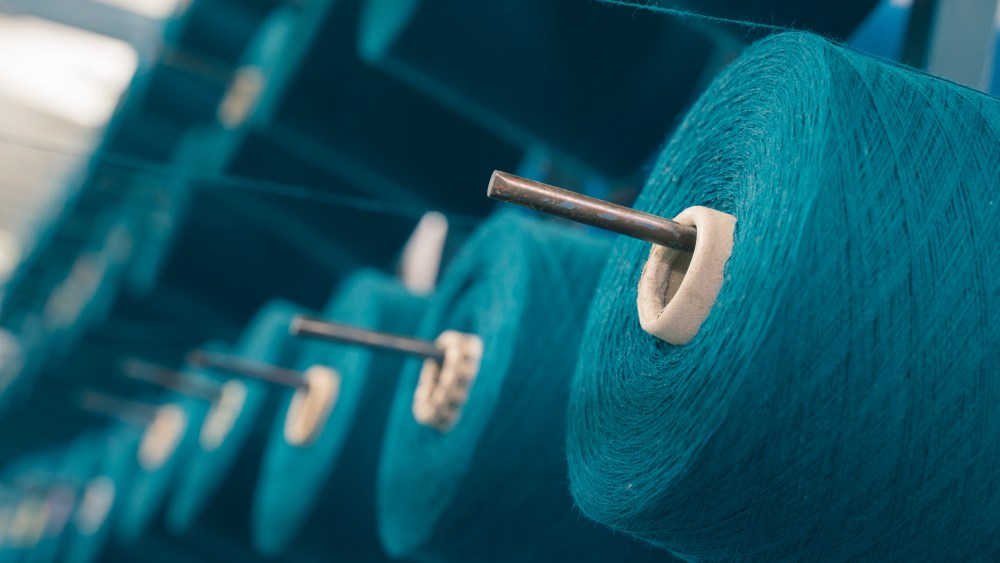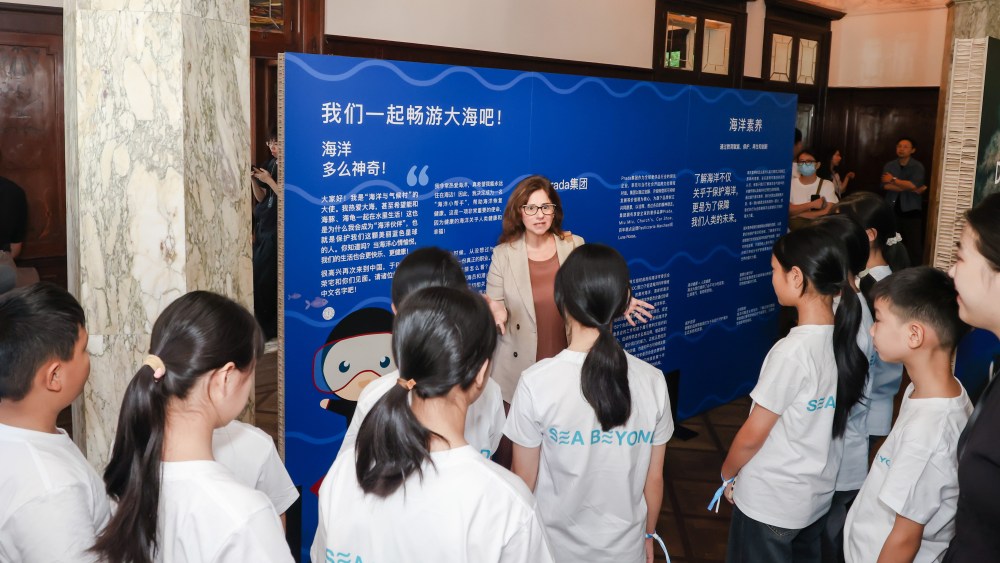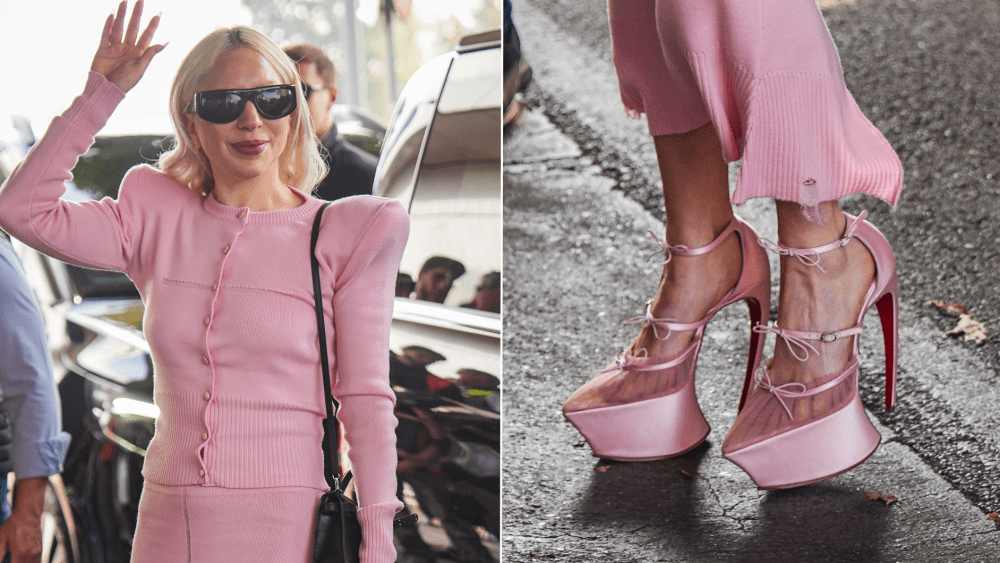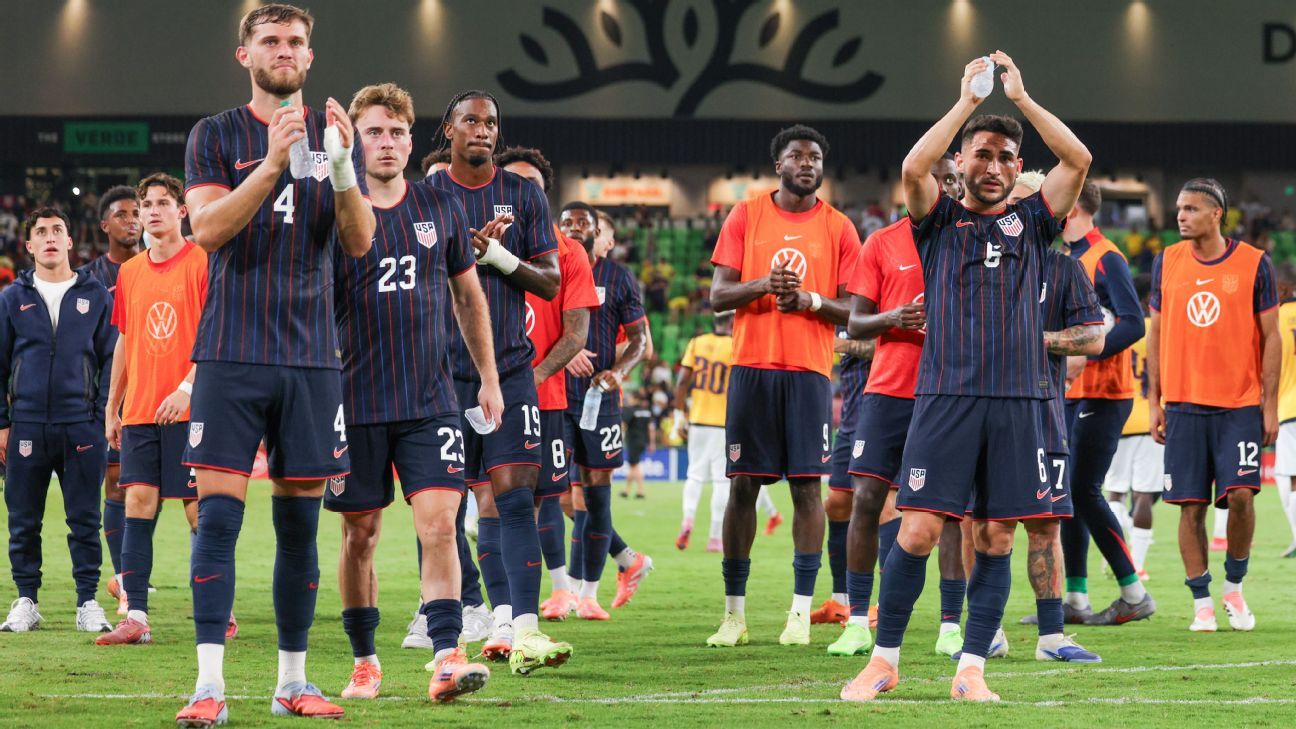
MILAN – Italian authorities, fashion associations and trade unions are committed to fight wrongdoings in the apparel and accessories supply chain, tackling issues such as worker exploitation, undeclared work, tax evasion, and unfair contractual practices.
The Milan Prefecture, as well as Camera Nazionale Della Moda Italiana, Confindustria Moda and Confindustria Accessori Moda, among other entities, signed a non-legally binding memorandum of understanding on Monday night, with an action plan to tackle the issue, after prosecutors uncovered abuse and sweatshop schemes tied to marquee brands.
As reported, subsidiaries of Dior, Giorgio Armani, Alviero Martini, and most recently Valentino have been put under judicial administration for alleged worker exploitation at several Chinese-owned firms in Italy producing their luxury goods.
The Armani and Dior probes were fully resolved and the judicial administration procedures lifted, in February and earlier this month, respectively.
It is understood that the negotiations for the paper among the involved entities took almost a year, with preliminary discussion held as early as June 2024.
In the signed document reviewed by WWD, the Milan Prefecture proposes the creation of a digital supply chain platform that fashion companies can join on a voluntary basis with mandatory updates requested every six months.
Brands joining the platform are expected to encourage their suppliers to sign onto it, as well as impose compliance with labor, fiscal, health and safety laws and implement onboarding processes, ethical codes of conduct, audits, and targeted staff training.
Supply chain players are invited to extend compliance clauses to subcontractors through cascading contracts and enforce scheduled and surprise audits.
Companies adhering to the platform – which is free of charge – are to receive a Fashion Sector Transparency Certificate, the so-called “green badge,” valid for six months and renewable. They will also have access to specific financial incentives from the Lombardy Region.
Reiterating its commitment to safeguard Made in Italy know-how, Camera Nazionale della Moda Italiana issued a statement saying it has “actively collaborated in drafting the memorandum of understanding… by contributing concrete proposals developed through the dialogue with brands, to ensure that the final text aligned as closely as possible with the interests of companies in the sector and the fashion industry as a whole.”
The Italian fashion governing body highlighted that the memorandum of understanding only partially fixes the issue since it has local jurisdiction, limited to the Lombardy region, and “partial scope,” it said.
“A national law is needed… and it should introduce third-party certification of the production supply chain, granting a presumption of legality to certified companies based on independent criteria ensuring complete transparency. It is important to note that this supply chain, by its very nature, operates on a national and often international scale,” Camera della Moda said.
The association also expressed its reservations on the digital platform scheme, highlighting the “necessary protection of the confidentiality and know-how of brands and clients, as well as the disclosure of related information and data.”
Per the memorandum, the platform is expected to ensure data security, confidentiality, and privacy compliance.
Raising similar concerns about data protection and adding that the platform’s adoption rates are directly connected to its user-friendliness, the newly minted president of Confindustria Moda Luca Sburlati, who is also chief executive officer of supply chain group Pattern, said that “although this agreement has been defined on a territorial basis, its national relevance is clear, both due to the nationwide representativeness of many of the signatory parties and the specific nature of fashion production supply chains, which transcend local, regional, and often even national boundaries.
“This highlights the need for a progressive and well-managed extension of the protocol’s applicability at least to the national level, in order to protect and support our supply chains,” he added.
#Italian #Fashion #Groups #Unite #Combat #Supply #Chain #Work #Exploitation







